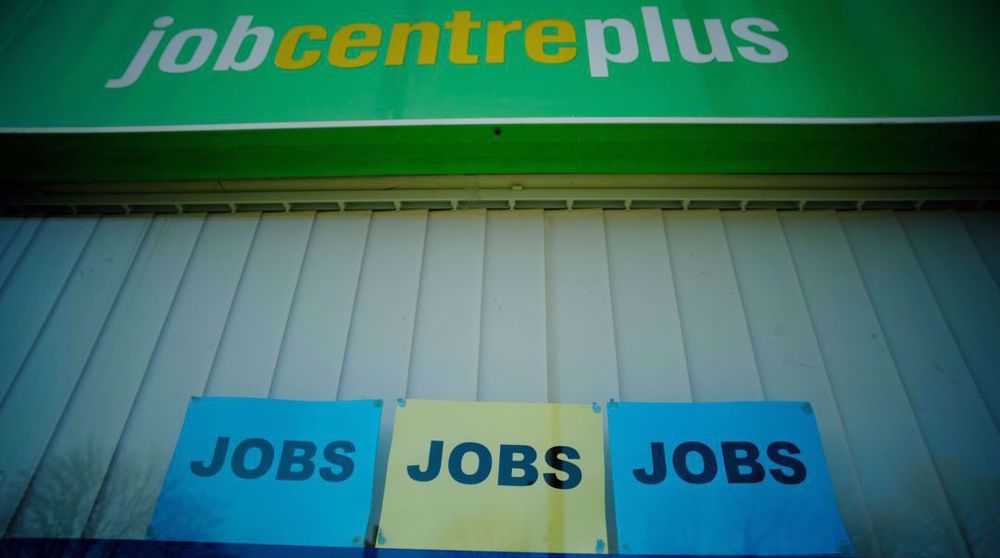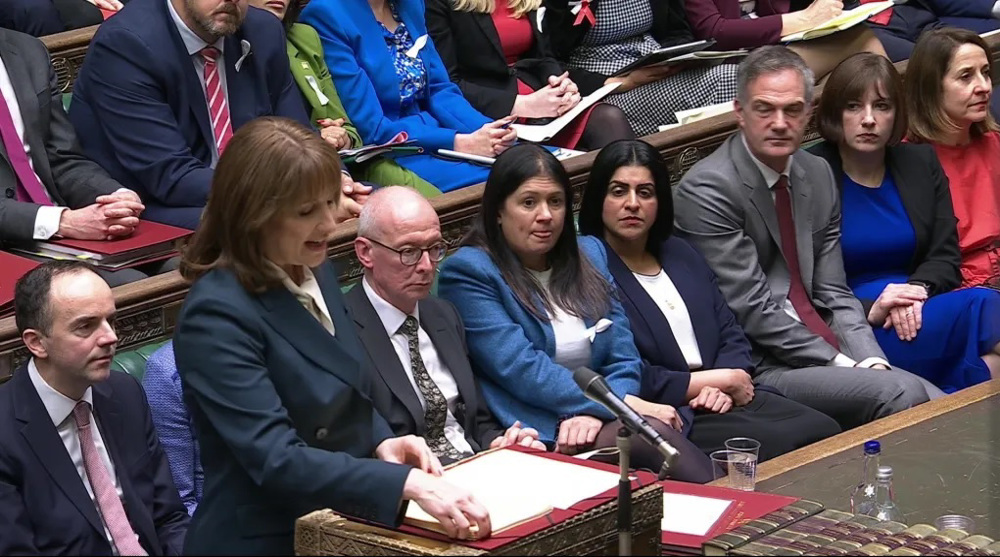Number of EU citizens seeking work in UK falls by more than a third: Study
Fewer EU citizens are looking for jobs in the United Kingdom following Brexit, shows a study that exposes the impact on British employers as they struggle to recruit staff.
Figures from the jobs website Indeed show that the number of EU citizens searching for work in Britain has fallen by over a third since Brexit.
In May, searches by EU-based jobseekers in the UK fell by 36% from average levels in 2019, with low-paid jobs in hospitality, the care sector and warehouses recording the largest declines at 41%.
The report suggests harsher post-Brexit immigration rules are distinctly impacting UK employers above and beyond the fallout from the Covid-19 pandemic.
It shows that the marked decline in interest among EU jobseekers was not replicated in other countries.
The number of jobseekers from non-EU countries dropped by just 1%, and searches from Ireland, whose citizens can still live and work in the UK after Brexit, had a similar decline over the same period.
This comes as the UK’s employers are struggling to hire staff as pubs, restaurants and other hospitality and travel firms were allowed to reopen following the lifting of coronavirus restrictions.
Business leaders have warned that a lack of foreign workers is liable to put a brake on the country’s economic recovery from Covid-19.
This could also lead to higher prices for goods and services as staff shortages force companies to offer high wages to lure new recruits, according to business leaders.
Tim Martin, the Brexit-supporting boss of JD Wetherspoon, has urged the government to launch a visa scheme for EU workers to help meet pubs and restaurants’ owners’ needs for more staff.
Since late 2019, nearly 1.3 million non-UK workers are estimated to have left the UK. The current travel controls and the risk to public health still discourage some foreign workers, but Indeed said Brexit had also played a role.
Jack Kennedy, a UK economist at Indeed, said employers in higher-paying sectors such as tech, science and engineering have been able to offset decreasing EU jobseeker interest with workers from the rest of the world.
“But lower-paid roles are not receiving the same attention from foreign workers as they did only two years ago. It means domestic workers may be required to fill the gaps,” he said.
“However, with many sectors, including hospitality, already struggling to recruit all the staff they need, higher salaries may be required to attract UK workers to fill those roles.”
UN chief condemns new Israeli annexation project in occupied West Bank
Araghchi briefs foreign ministers of Turkey, Egypt and S. Arabia on US talks
JD Vance’s Caucasus trip deepens concerns over sovereignty, security and US meddling
VIDEO | Press TV's news headlines
Thousands rally in Australia against Israeli president's visit as police use pepper spray
Child among four killed as Israel attacks southern Lebanon in ceasefire breach
Russia vows ‘all possible assistance’ to Cuba as US squeezes oil supplies
Hezbollah leader: Israel‑US aggression is Lebanon’s main challenge














 This makes it easy to access the Press TV website
This makes it easy to access the Press TV website